For those looking to create lasting social impact, registering a Non-Governmental Organization (NGO) in Kenya is the first step toward turning a vision for change into action.
The process is guided by the NGO Coordination Board under Kenya’s Ministry of Interior and National Administration.
The Government provides detailed guidance for both local and international applicants navigating the country’s registration system.
Step 1: Reserve Your NGO Name
The process begins with a name search and reservation through the government’s eCitizen portal.
Applicants must propose three potential names in order of preference, submitted on Form 2 and accompanied by a Ksh1,000 fee.
To reserve the name:
- Fill out the online application form on eCitizen.
- Upload the required documents.
- Make the payment.
- Await approval updates via SMS and your online profile.
Step 2: Prepare the Required Documents
Applicants must gather a comprehensive set of documents. These include:
Proposed NGO names and contact information (physical address, postal address, phone number, email).
Also Read: How to Cancel and Get a Refund for an SGR Ticket
Details of at least three top officials, Chairperson, Secretary, and Treasurer, plus one additional board member.
A clear statement of the organization’s objectives.
A draft constitution, signed by the officials and two board members.
Passport-sized photographs, copies of ID or passports, KRA PINs, tax compliance, and police clearance certificates for all officials.
For foreign-based NGOs, at least one-third of the board members must be Kenyan, and foreign officials must provide notarized police clearance from their home country.
Each application must also include a one-year budget, minutes authorizing the registration, and a cover letter signed by the officials.
Step 3: Submit the Application
Once all documents are ready, applicants submit:
- Form 1 and Form 3 (duly filled and signed).
- The approved name reservation form.
- The organization’s constitution (in triplicate).
- Minutes of the authorizing meeting.
- The NGO’s registered office and postal address notification.
Also Read: How to Access Geological Survey Data from the Ministry of Mining
The complete application is lodged with the NGO Coordination Board, which reviews and verifies compliance with the NGO Coordination Act.
Step 4: Pay the Registration Fee
Registration costs depend on the organization type:
Local NGO: Ksh 16,000
International NGO: Ksh 30,000
Consultation and facilitation fees may vary depending on the service provider.
Step 5: Await Approval
The registration process typically takes about three months. Once the NGO Coordination Board approves the application, the organization receives an acknowledgment letter, followed by a registration certificate confirming its legal status in Kenya.
Types of NGOs in Kenya
Kenya recognizes two main categories of NGOs:
- Local NGOs, founded and operated by Kenyan nationals.
- International NGOs, branches or affiliates of organizations registered abroad.
By following these steps, aspiring founders can formally establish their NGOs and initiate operations that make a measurable difference in their communities.
Follow our WhatsApp Channel and X Account for real-time news updates.
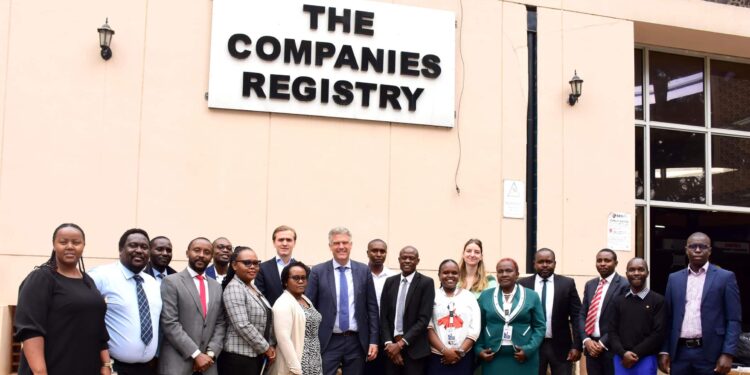

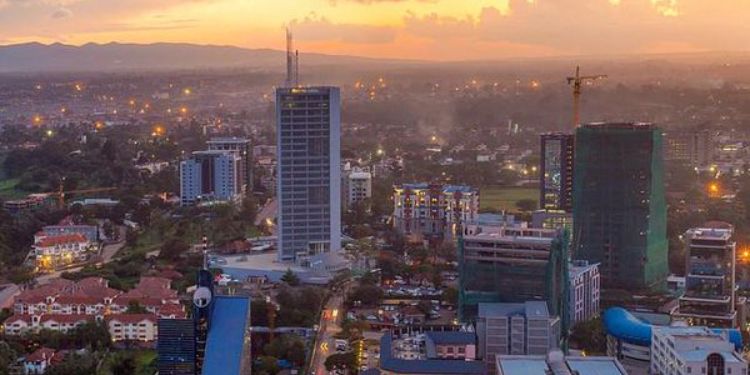

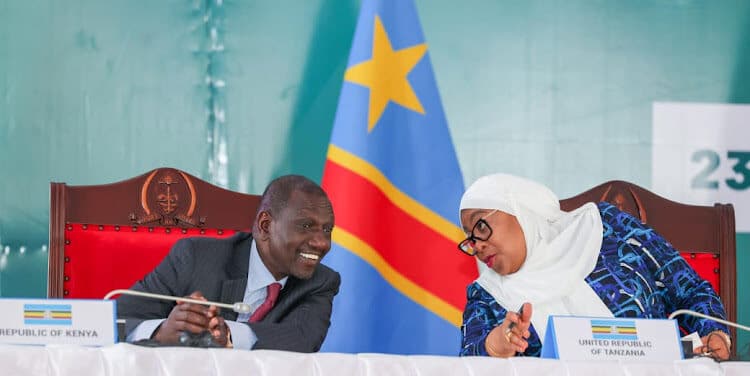



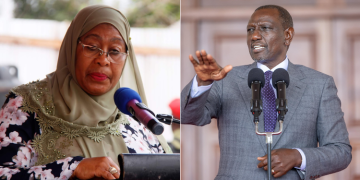









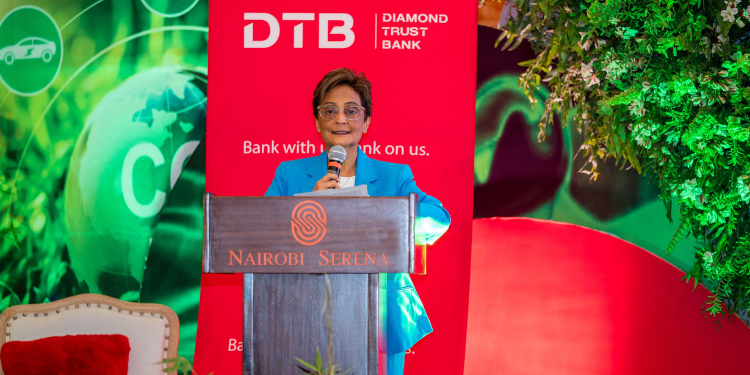
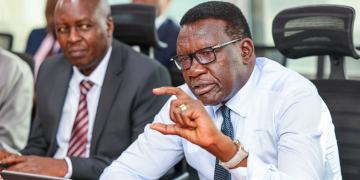


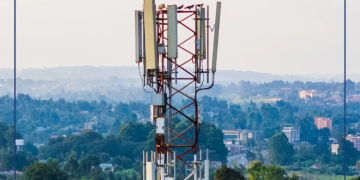
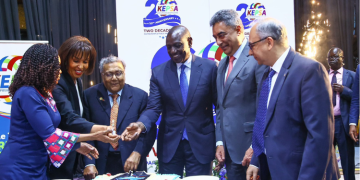





























![Senator Allan Chesang And Chanelle Kittony Wed In A Colourful Ceremony [Photos] Trans Nzoia Senator Allan Chesang With Channelle Kittony/Oscar Sudi]( https://thekenyatimescdn-ese7d3e7ghdnbfa9.z01.azurefd.net/prodimages/uploads/2025/11/Trans-Nzoia-Senator-Allan-Chesang-with-Channelle-KittonyOscar-Sudi-360x180.png)




















